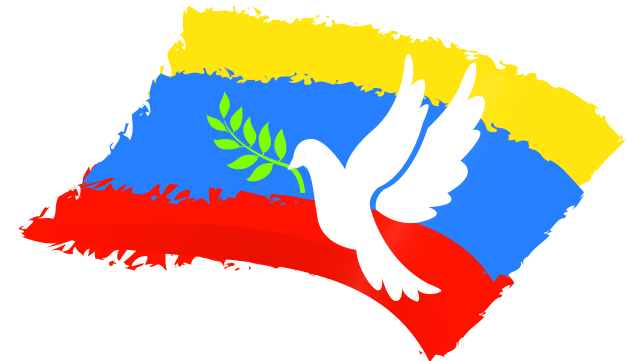
By María Josefina Arce
The total peace policy developed by the government of President Gustavo Petro in Colombia has gone through many challenges and tensions in recent months; however, the process is alive and moving forward in the South American nation.
This is evidenced by the day of dialogue for territorial transformation held recently in San Vicente del Caguán, in the department of Caquetá, to determine the actions of the State to respond to the needs of the communities.
Government officials and representatives of social, indigenous and peasant organizations participated in the meeting, in compliance with the agreements of the Fourth Cycle of the Peace Table between the government and the Central General Staff, held in early March in the Colombian municipality of San José del Guaviare.
This maintains the commitment to advance in the talks between the authorities and the group that was part of the extinct Revolutionary Armed Forces of Colombia-People's Army, after moments of tension that even led President Petro to order the suspension of the bilateral ceasefire on March 17.
The decision was taken after an attack by this group on the indigenous minga that was returning from Cali, after demonstrating its support for the president in a massive act.
But in an extraordinary meeting, at the beginning of this month, between both parties, it was decided to continue the peace dialogue, while reiterating the commitments made since the installation of the table on October 16, 2023.
The government of President Gustavo Petro has had to overcome many obstacles in its responsibility to bring peace and reconciliation to the Colombian territory, and to implement the historic 2016 Peace Agreement between the government of then President Juan Manuel Santos and the former guerrilla Revolutionary Armed Forces of Colombia-People's Army (Fuerzas Armadas Revolucionarias de Colombia-Ejército del Pueblo).
The effort deployed has been great and this is recognized in the latest report of the UN Verification Mission, which highlights the actions to comply with the Havana agreement, after the stagnation registered under the mandate of Iván Duque from 2018 to 2022.
The text, which refers to the period from December 27, 2023 to March 26 of this year, highlights encouraging progress in the implementation of the Comprehensive Rural Reform, with the delivery of land to numerous peasant families.
It also highlights the dialogue initiatives of the Colombian authorities with other armed groups, especially with the insurgent National Liberation Army, with which it held the sixth round of talks in Cuba from January 22 to February 6.
The truth is that although there is still a long way to go, the Colombian president has demonstrated his strong commitment to bring peace and heal the wounds of Colombia, bled after decades of armed conflict.

